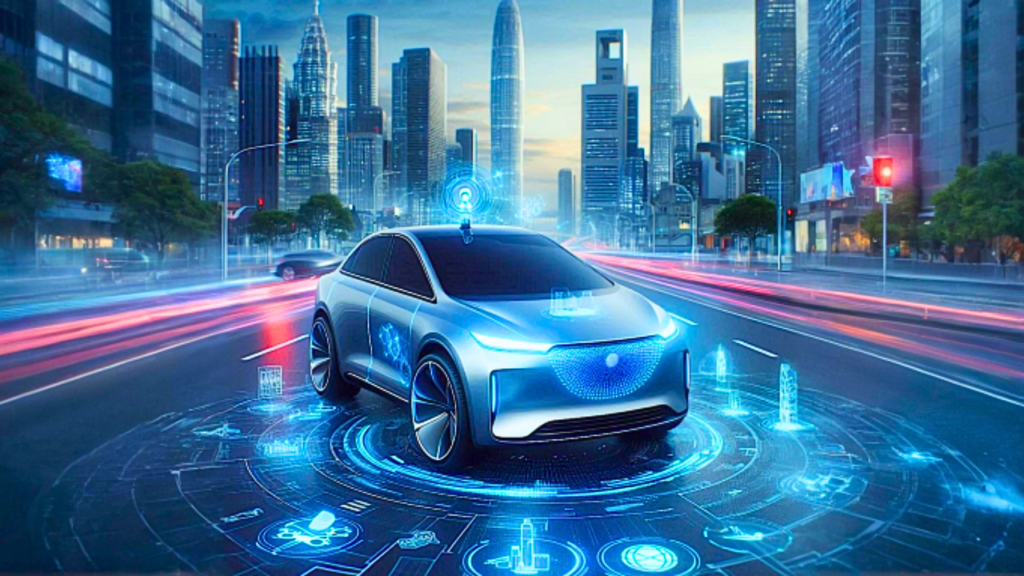In today’s fast-paced world, technology is constantly evolving, and one area that’s generating a lot of buzz is the integration of Artificial Intelligence (AI) into vehicles.

You might have heard about self-driving cars and smart vehicles, but what exactly does AI mean for the future of transportation? In this blog post, we’ll take a closer look at how AI is shaping the future of vehicles and what it means for all of us.
AI-Powered Autonomous Driving
One of the most exciting developments in the world of vehicles is the concept of autonomous driving, where cars can navigate and operate without human intervention. This is made possible by AI technology, which enables vehicles to perceive their surroundings, make decisions, and navigate safely on the road.

Imagine a future where you can sit back, relax, and let your car do the driving for you. AI-powered autonomous vehicles are equipped with sensors, cameras, and advanced algorithms that allow them to detect obstacles, recognize traffic signs, and react to changing road conditions in real-time. This not only promises to make driving safer but also more convenient and efficient for everyone.
Enhanced Safety Features
AI is also revolutionizing vehicle safety with advanced driver assistance systems (ADAS) that use AI algorithms to prevent accidents and reduce the risk of injury. These systems can detect potential hazards, such as pedestrians or other vehicles, and alert the driver or even take corrective action to avoid a collision.
For example, AI-powered collision avoidance systems can automatically apply the brakes if they sense an imminent collision, helping to prevent accidents and save lives. Similarly, lane-keeping assist systems use AI to monitor the vehicle’s position on the road and provide gentle steering inputs to keep it safely within its lane.

Personalized Driving Experience
With AI, vehicles can also offer a more personalized driving experience tailored to the preferences and needs of individual drivers. Advanced AI algorithms can learn from the driver’s behavior, preferences, and habits to anticipate their needs and provide customized features and recommendations.
For instance, AI-powered infotainment systems can suggest music playlists, adjust the climate control settings, and even recommend nearby restaurants based on the driver’s preferences and past behavior. This level of personalization not only enhances the driving experience but also makes it more enjoyable and convenient for everyone on the road.
Optimized Traffic Management
AI has the potential to revolutionize traffic management and reduce congestion on our roads. By analyzing vast amounts of data in real-time, AI algorithms can optimize traffic flow, predict congestion hotspots, and suggest alternative routes to avoid gridlock.
For example, AI-powered traffic management systems can adjust traffic signals in real-time based on current traffic conditions, prioritize emergency vehicles, and optimize the timing of traffic lights to keep traffic flowing smoothly. This not only reduces travel times for commuters but also lowers emissions and fuel consumption, benefiting both the environment and society as a whole.

Conclusion: A Smarter, Safer, and More Efficient Future
In conclusion, the integration of AI into vehicles promises to usher in a new era of transportation that is smarter, safer, and more efficient than ever before. From autonomous driving to enhanced safety features to personalized driving experiences, AI is revolutionizing the way we move from place to place.
As we embrace these advancements, it’s important to consider the ethical and societal implications of AI-powered vehicles, including issues of data privacy, cybersecurity, and the impact on jobs and industries. By addressing these challenges proactively and working together to harness the full potential of AI, we can create a future where transportation is not only more convenient and enjoyable but also more sustainable and equitable for everyone.
